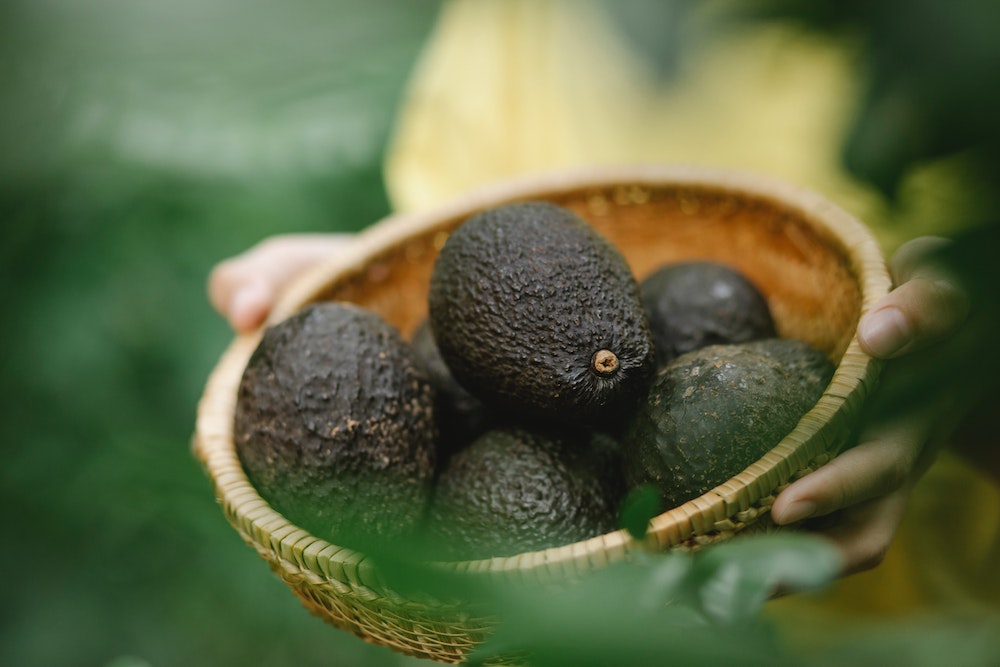In an era where the health food scene is bustling with new additions, the avocado stands tall as a modern classic. The creamy texture and rich taste make it a favorite amongst food enthusiasts. What if I told you that this humble fruit is not just delicious, but also packed with an arsenal of health benefits? In this article, we will unravel the many layers of avocados, diving into their origins, cultural significance, nutritional value, and much more. Buckle up for an exciting journey into the world of avocados!
The origin story: tracing back avocado’s roots
The avocado, known scientifically as Persea americana, is believed to have originated in South Central Mexico over 10,000 years ago. Historically, it was a highly valued crop among the Aztecs and Mayans who cherished it for its supposed aphrodisiac qualities and nutrient-rich composition. It’s fascinating how this ancient fruit made its way from the forests of ancient Mexico to becoming a global phenomenon.
Spanish conquistadors were among the first Europeans to encounter avocados, and they played a crucial role in its spread. Throughout the 16th and 17th centuries, avocados traveled through various parts of Europe and the Americas. However, it wasn’t until the early 20th century that avocados started gaining popularity in the United States, thanks to improved transportation and cultivation techniques.
Beyond guacamole: the cultural significance of avocado
Avocado is an indispensable part of many cuisines around the world. In Mexico, it’s the star ingredient of guacamole, a delicious dip made with mashed avocados, tomatoes, onions, and spices. This dish has transcended Mexican borders and become a beloved accompaniment globally.
In other parts of the world, avocados have different roles. For instance:
- In Brazil, it’s often used in sweet dishes like avocado ice cream and smoothies.
- In Kenya, it’s a common addition to traditional dishes and is often eaten as a side with almost any meal.
- In the Philippines, it’s used in desserts like avocado ice candy and avocado shakes.
This diversity in utilization showcases how versatile and universally appreciated the avocado is.
The nutrient treasure trove: what makes an avocado so special?
When it comes to nutrition, avocados are akin to a treasure chest. They are packed with a wide array of essential nutrients and compounds that contribute to good health. Some of these include:
- Healthy fats: Primarily monounsaturated fats which are beneficial for heart health.
- Fiber: Essential for digestive health and controlling blood sugar levels.
- Vitamins: Such as Vitamin K, C, E, and various B vitamins.
- Minerals: Including potassium (more than a banana!) and magnesium.
- Antioxidants: Such as carotenoids and phytosterols which have anti-inflammatory properties.
The combination of these nutrients makes avocados not just a delicious but an incredibly wholesome food.
Fat is your friend: the good fats of avocado
Avocado is renowned for its high-fat content, which is unusual for a fruit. However, the fats in avocado are predominantly monounsaturated fatty acids, particularly oleic acid. This is the same kind of fat found in olive oil, and is linked to various health benefits. Monounsaturated fats can help:
- Reduce bad cholesterol levels.
- Lower the risk of heart disease.
- Provide nutrients that are essential for cell repair.
Furthermore, the fat in avocados aids in the absorption of nutrients from other foods, meaning it can make your overall diet even healthier.
Beauty and the avocado: benefits for skin and hair
The bountiful nutrients in avocados don’t just work wonders for your health, but also for your skin and hair. The monounsaturated fats help maintain moisture in the epidermis, leaving the skin soft and hydrated. Additionally, the antioxidants in avocados protect the skin from environmental damage that can contribute to aging.
For hair, the vitamins, and amino acids can strengthen hair follicles and help with hair growth. Avocado oil or a mashed avocado can be applied directly to the hair and scalp for a nourishing mask.
Heart protector: how avocado supports cardiovascular health
One of the most significant health benefits of avocado is its contribution to heart health. The monounsaturated fats, potassium, and antioxidants work together to:
- Lower blood pressure.
- Reduce bad cholesterol levels while increasing good cholesterol.
- Minimize blood clots and inflammation of the arteries.
Incorporating avocados into a balanced diet can be a delicious way to look after your heart.
Avocado in the kitchen: diverse recipes from around the world
The culinary applications of avocado are virtually endless. Beyond guacamole, there are countless ways to incorporate this creamy fruit into your diet:
- Use it as a base for a creamy avocado pasta sauce.
- Mix it into salads for an extra layer of flavor and texture.
- Spread it on toast with a sprinkle of salt and pepper for a simple yet satisfying snack.
- Blend it into smoothies for a dose of creaminess and nutrients.
Get creative in the kitchen and let avocado’s versatility shine!
The eco-friendly side: sustainable farming of avocado
As the popularity of avocado continues to soar, it’s important to consider the environmental impact of its production. Sustainable avocado farming practices are vital to minimizing the ecological footprint. This includes efficient water management, reducing pesticide use, and ensuring fair wages for farmers.
As consumers, it’s important to support sustainable practices by purchasing avocados that are certified fair trade or organic. This not only contributes to the longevity of avocado farming but also to the well-being of the planet.
In conclusion, avocados are not just a food trend. They have a rich history, are packed with nutrients, and can be a versatile addition to your kitchen. The next time you enjoy an avocado, you’ll know the incredible journey it has taken and the multitude of benefits it brings to your plate.










